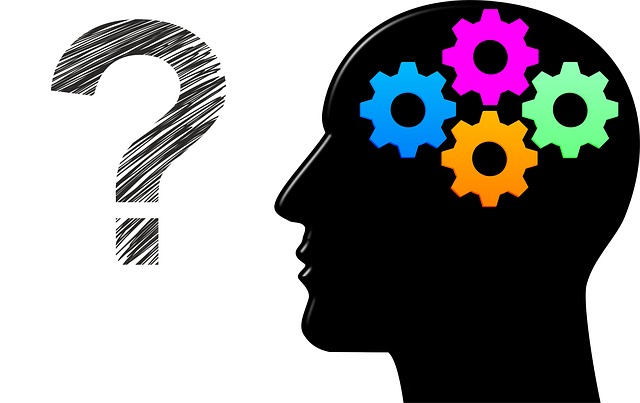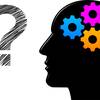clear

source:
Tumisu / Pixabay
I am not a teacher, but in my career I gave much on-the-job training to others.
Over time I discovered that the best way to help people is to guide them to find the answer instead of giving the answer. A typical scenario would be that John, say, would come to me and say “I’ve been working on this problem for hours, I can’t find the answer.”
I would probably know if John already knew the answer but hadn’t yet put two-and-two together. In this case I’d ask him to explain what steps he’d taken. Funnily enough, even that simple request – asking John to verbalise what he’d done – brought the “Aha!” moment. If not then I’d ask a very general question – “so what else could have caused this”, and then shut up, giving time for John to think. If that didn’t help I’d narrow down to a smaller area “OK, you mentioned so-and-so… why did you focus on that?” Normally this type of conversation yielded results, and John arrived at the answer by himself. Normally John would remember this – but nobody’s perfect.
If I knew that John’s knowledge was lacking, then again, instead of giving the answer, I would try to make a connection from what he knew to what he didn’t know. So I would generalise about the new information and ask something like “given what you know, how does that relate to what I just told you?” I was aiming for John to create a new connection in his brain rather than hearing an unconnected answer.
So from my career experience I am convinced that leading people to new knowledge by question is far better than just giving it to them. And the more connections that can be made the more chance there is of at least one connection being retained.
An excellent article about this is here…
http://teachingcenter.wustl.edu/resources/teaching-methods/participation/asking-questions-to-improve-learning/
I have posted an answer to the question “How can the traditional classroom enable students to learn successfully”. That answer describes my experience in teaching such a class by question and answer.
 1
1
clear
The more questions asked, the more answers there become. Questions lead to new knowledge, and from the beginning of time questions are what created what we know today. It is important that we educate in questions and answers, not only to provide knowledge but to make people realize its acceptable to ask what they may be thinking, and question whenever they are unsure in life.
Providing education with questions and answers is more engaging, more thought provoking and creates more discussion when people have different answers and opinions on the subject. Instead, when providing simple information and facts with no questioning, or possible answers, it is a more simple way to learn information and may be less engaging as the question/answer way to do it.
 0
0
clear
 Angela Bagni
7 years, 7 months ago
Angela Bagni
7 years, 7 months ago
My mind immediately springs to what is commonly known as the "Socratic Method". This form of teaching relies on questions to stimulate critical thinking in a nonconfrontational way. The one posing the question and the one answering it are cooperating to find truth rather than attempting to find it through an adversarial exchange. Through asking questions, a teacher is allowing the students to interrogate their own ideas and to formulate a response. This is a much more active and engaged process than simply expecting students to passively receive information. However, I do feel this Socratic method of teaching can be done well but it can also be done poorly. If the teacher is asking questions but already feels convinced that he or she knows the full, entire, correct answer then the questioning process often comes across as condescension. I think a question should always be asked with genuine humility and an openness to be surprised and learn something new. Question and answer based learning can be wonderful though, if done with a true openness to new ideas by teacher and students alike.
 0
0
clear
When one asks questions the way of processing information is different from processing it when learning by heart. It is so because asking gives you the opportunity to understand different aspects of the matter which broadens your way of thinking and using information.
 0
0
clear
We human
 0
0
clear

FAQ: Improveo for Universities
Sign up to post or vote on answers.
Improveo will help systemize your knowledge.

 Mark Hart
Mark Hart